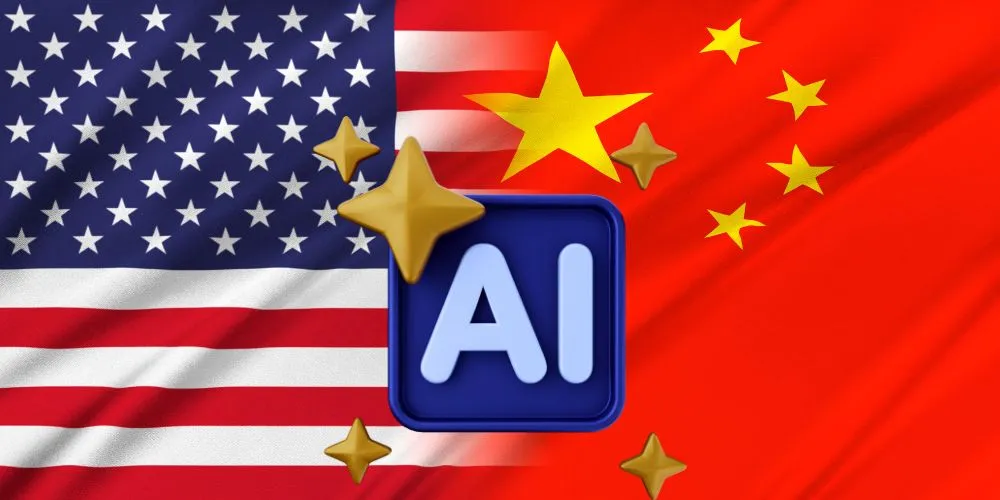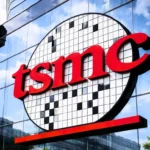Key Points
- The U.S. directed TSMC to halt exports of advanced chips to Chinese clients, primarily for AI and GPU uses.
- The restriction follows a discovery of TSMC chips in a Huawei AI processor, raising compliance concerns.
- The U.S. aims to assess whether other firms might indirectly supply restricted technology to Huawei. TSMC has informed its Chinese clients of the suspension.
- The decision follows calls from U.S. lawmakers to tighten export controls on China amidst national security concerns.
The U.S. government has ordered Taiwan Semiconductor Manufacturing Co. (TSMC) to halt the shipment of certain advanced chips to Chinese customers beginning Monday, citing national security concerns tied to artificial intelligence (AI) applications. The Department of Commerce sent a letter to TSMC imposing restrictions on chips with 7-nanometer or more advanced designs used in AI accelerators and graphics processing units (GPUs). This restriction targets exports that potentially aid AI advancements in China, particularly Huawei, a major Chinese tech firm under U.S. trade restrictions.
This order arrives just weeks after TSMC reported finding one of its chips in a Huawei AI processor, raising concerns about compliance with existing U.S. export controls. An analysis conducted by Tech Insights revealed TSMC’s chip within a Huawei AI product, suggesting potential violations of export rules. On a U.S.-restricted trade list, Huawei requires suppliers to acquire special licenses to export goods or technology. Given U.S. policy, licenses intended for Huawei’s AI operations are unlikely to be approved.
Additionally, TSMC has paused shipments to Sophgo, a China-based chip designer whose product used the same chip found in Huawei’s AI processor. It remains unclear how this chip was integrated into Huawei’s Ascend 910B processor, released in 2022 and considered the most advanced AI chip from a Chinese firm. The U.S. government intends to investigate whether other companies indirectly supply Huawei.
TSMC informed affected clients in China that it would halt shipments of restricted chips starting Monday. The Commerce Department declined to comment, while a TSMC spokesperson reiterated the company’s commitment to abiding by applicable regulations, including export controls. This “is informed” letter from the Commerce Department bypasses the traditional rule-making process, swiftly enforcing new licensing requirements on targeted firms.
Chinese media outlet Ijiwei reported that TSMC had warned Chinese companies about suspending shipments of 7-nanometer or below chips for AI and GPU uses beginning November 11. This new measure aligns with bipartisan pressure on the Commerce Department to tighten export controls on China.
The latest actions are part of a broader strategy. In 2022, the Commerce Department imposed similar restrictions on Nvidia, AMD, and chip equipment providers to prevent exporting high-end AI chips and chip-making tools to China. Although new regulations have been drafted to expand these restrictions to additional Chinese entities, the formal rule changes have yet to be issued.




